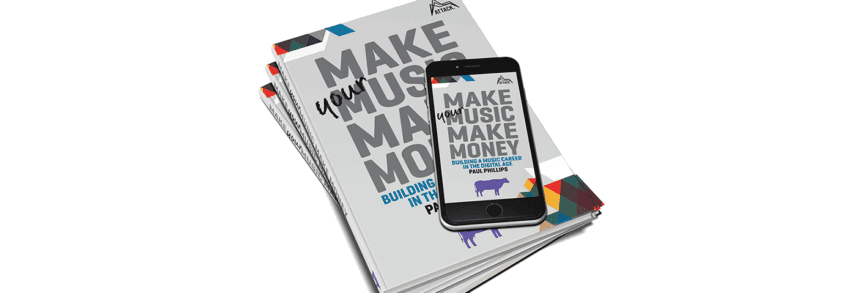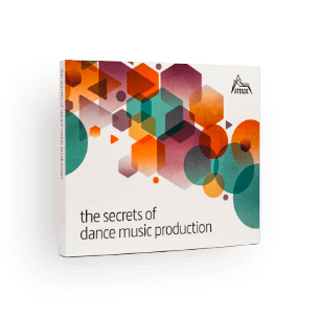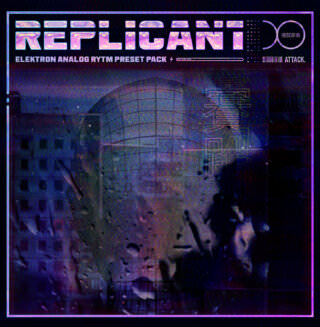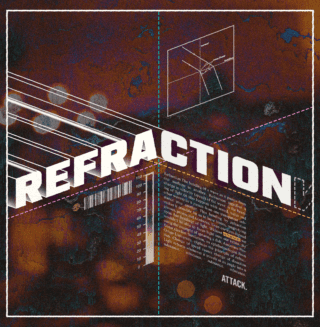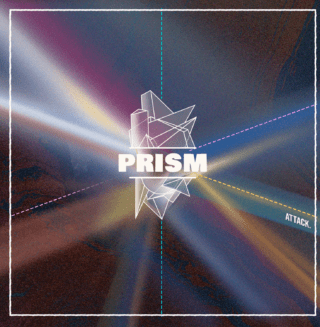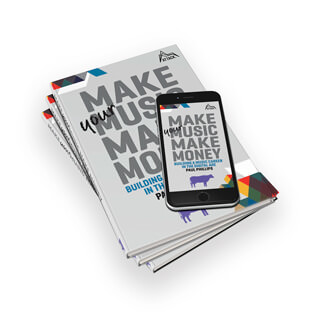For this month’s Job Envy, we speak to Roxanne Oak, whose role at PPL (Phonographic Performance Limited) is specific to dance music.
A music producer or DJ grappling with the intricacies of performing rights associations faces a labyrinthine world of copyright and royalties. These organizations, such as ASCAP, BMI, and SESAC, PRS, PPL (to name just a few) exist to ensure that songwriters, composers, and publishers receive compensation when their works are performed publicly. For producers, deciphering these complex systems can be daunting.
Understanding how music is licensed, tracked, and compensated is crucial. Producers must comprehend the PROs’ (performing rights organisation) role in collecting performance royalties for their artists. Furthermore, navigating the intricacies of PRO registration and ensuring that all relevant parties are properly credited is a continual challenge.
Ultimately, a producer’s mastery of performing rights associations can significantly impact their ability to maximize earnings and protect their creative endeavors. And after all, we’d all wish to make a bit of extra money to keep fueling the history you’re making.
To that end, for this month’s Job Envy we spoke with Roxanne Oak, the Relationship Manager for Dance Music Genres, to explain her role and how it benefits the dance music community.
Name?
Roxanne Oak.
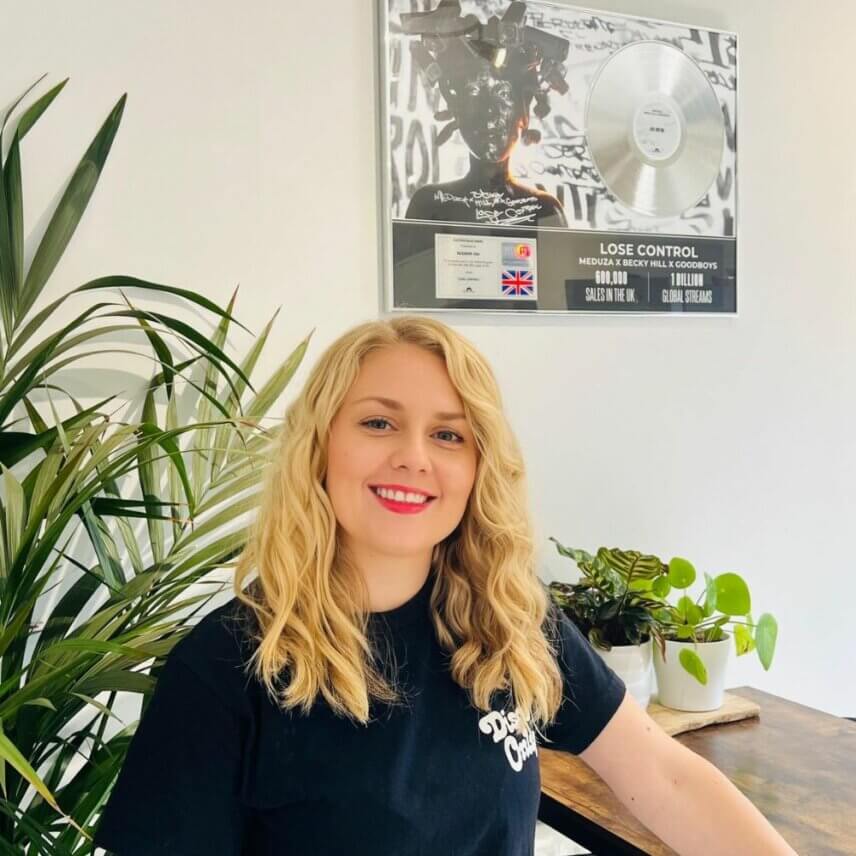
Place of work?
I work at PPL, the UK-based collecting society that licenses recorded music when played publicly or broadcast on the radio or TV in the UK. We then distribute the fees to the performers and recording rightsholders we represent.
Job?
Relationship Manager for Dance Music Genres.
My role oversees the company’s relationship with dance music members, including building connections with our clients, undertaking new recruitment, ensuring member retention, and improving the infrastructure that caters to the dance community for public performance and broadcast collections (sometimes called ‘neighbouring rights’).
It's through failure that we learn the most valuable lessons. Always trust your gut and go for what you believe in..
How long have you had the job?
Eight months. I started at PPL in February 2023.
What does a typical day involve?
Excel sheets, meetings, and tune digging.
I always start the day by turning on a dance music radio station or playback an online livestream. I follow this up by reading music industry publications such as Record of the Day, Billboard, Music Week or MixMag. Keeping up to date with industry news and trending dance music is fundamental for me in this role.
The majority of a typical day is spent speaking to dance music managers, performers and rights holders, ensuring their PPL accounts and repertoire are in the best position for neighbouring rights collection.
This involves analysing data within Excel reports, and advising on ways to help maximise their income revenue. Additionally, I absorb myself with finding new music, new performers, and new labels and explore opportunities to forge new relationships.
Highs of the job?
Working directly within the genre I love will always be the main high, closely followed by meeting new people and visiting new places.
I’m passionate about what I do. I like to ensure that performers and rights holders feel assured that their collections and neighbouring rights income are taken care of so they can continue being creative, making and selling music to the fans.
It’s always a proud moment when I’m at the hairdresser or in a nightclub, and a track comes on from an artist I’ve been working with, and I know PPL has helped them collect for that airplay.
We are keeping a close eye on the topic of AI at PPL...the most important point for us is that the time and talent that creators invest in music is recognised and rewarded
Lows of the job?
Other than correcting misinformation and hearing about when performers and rights holders have been badly advised in the past, not too much. I feel lucky.
How did you get the job?
I’ve always been interested in how copyright and royalty collections work; it’s a fundamental part of the business. Whilst I love being creative, I’ve always leaned into positions of data.
When I saw this role at PPL, I thought it was a natural fit, suited to my metadata knowledge and dance music experience, and luckily, I was successful.
What did you do before this job?
I’ve worked in the music industry for over a decade, specifically with dance music across labels, artist management and publishers. I’ve worked for major labels such as Warner and Universal and an independent artist management company called Club Class. I
I’ve been privileged to work with artists such as Meduza, James Hype, MistaJam, Nic Fanciulli, Joris Voorn and many others throughout my career.
Only 20% of dance music creators have a full-time career in music, 35% are part-time, and 45% have no income
How can we get your job?
If you’re considering getting a job in the industry, there are three essentials:
- Network, make friends and grow your contact list.
- Gain work experience in as many areas of the business as you can to understand the whole ecosystem.
- Be passionate about the project you’re working on.
Who are the people who’ve had the biggest influence on your career and why?
I’m an ‘88 baby, and my mum was a raver, so I grew up with 90s dance tracks on repeat. I used to steal my mum’s cassette tapes and CDs and sit mesmerized, listening to them.
The Prodigy greatly influenced me when I was younger (thank you, XL Recordings 😉). Then I started listening to Pete Tong on the radio, and things spiralled from there.
When I was old enough to go out out, I used to promote club venues to get free event tickets, eventually leading to my first job. By coincidence, I lived in the same town where Nic Fanciulli and Toolroom records were based. They and all the local events heavily influenced me.
Have you ever thought about going it alone?
Yes, there was a time when I was thinking of getting into independent consultancy, but this role came up. It was too good of an opportunity to miss.
PPL has been working for many years with DJ Monitor, now partnered with Pioneer DJ, to collect music usage data in clubs for use in distributing related revenues
What’s the one bit of advice you wish you’d known at the beginning of your career?
Setbacks are chances to improve, adapt, and become better at what you do.
If I had understood this earlier, I would have been more open to taking risks, pushing my boundaries, and not be discouraged by what others might have thought.
What’s the biggest mistake you’ve made in your career to date?
At the start of my career, I was pretty shy and lacked confidence. I often feared failure, which prevented me from taking risks and pursuing ambitious projects. However, it’s through failure that we learn the most valuable lessons. Always trust your gut and go for what you believe in.
Is AI after your job?
The day that robots can take clients out for dinner, dance all night, build relationships, and make memories is the day I’ll be out of this job 😊.
On a more serious note, we are keeping a close eye on the topic of AI at PPL. We know there are positive applications of it and are keen to see these evolve; however, the most important point for us is that the time and talent that creators invest in music is recognised and rewarded.
How would you like to see your industry develop over the next five years?
I’d love to see many things on the horizon, and it’s hard to narrow it down, so I’ll pick just two!
- For dance music numbers to continue to grow worldwide. When I attended IMS 2023, there were many things I took away from their latest business report. One being that only 20% of dance music creators have a full-time career in music, 35% are part-time, and 45% have no income. I’d love to have a small impact on that 80% by improving and educating others on the fundamental process of correctly registering recordings in the UK to help with income.
- For more clubs to install music recognition technology in their venues. PPL has been working for many years with DJ Monitor, now partnered with Pioneer DJ, to collect music usage data in clubs for use in distributing related revenues.. DJ Monitor monitors music at events, festivals and venues and then feeds that information to PPL. The more premises with this service in place, the more accurate set lists reporting PPL will receive.
More widely, I’d like to see more female and nonbinary DJs and producers gain increased visibility in the charts. The industry is constantly adapting to new technology, and it’s an exciting time for dance music. I hope it continues to grow commercially and for the underground scene to keep thriving.
Find out more about the PPL on the website.
If you like this Job Envy you might like Attack’s book ‘Make Your Music Make Money’ available in the Attack Store.
